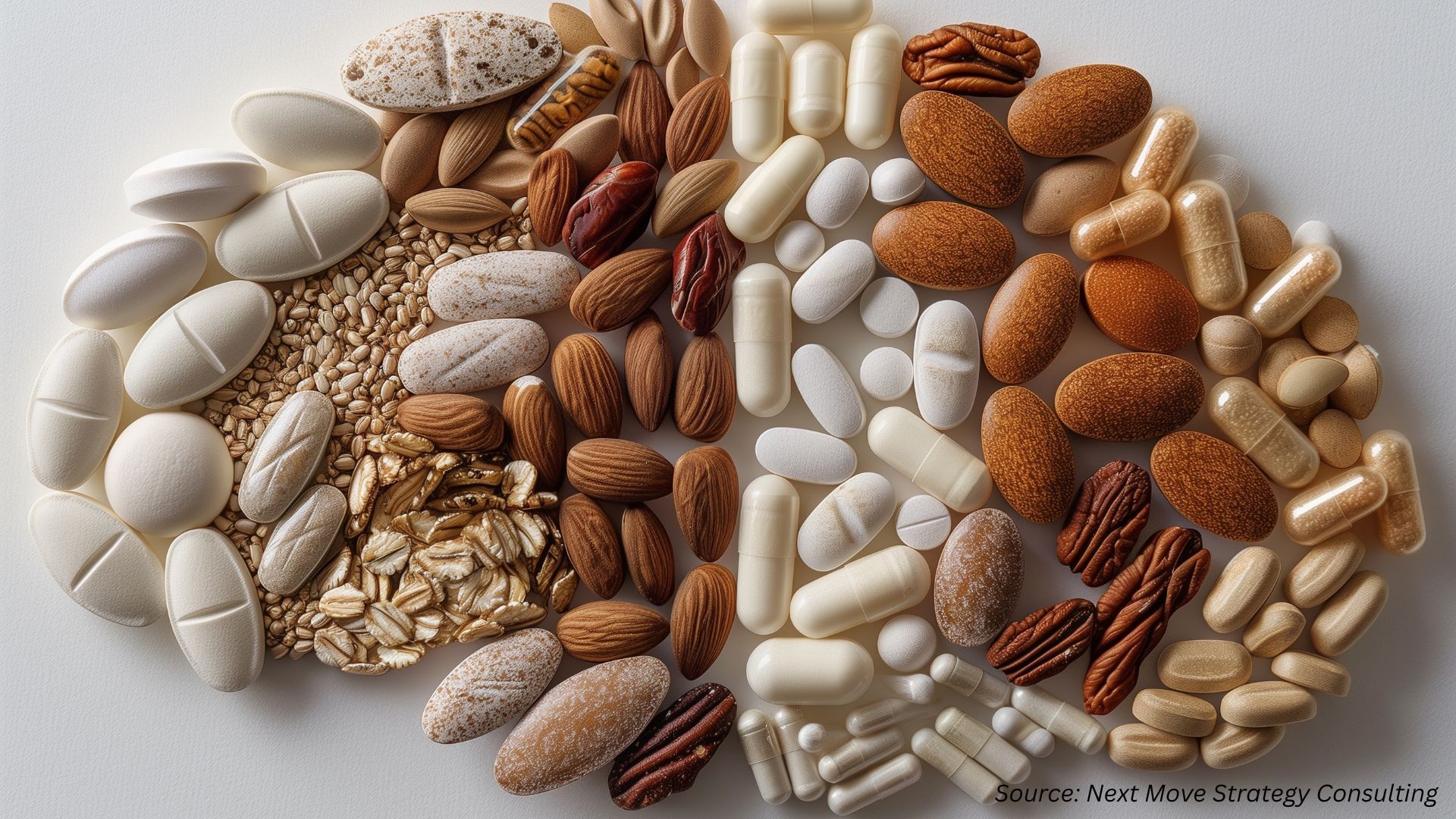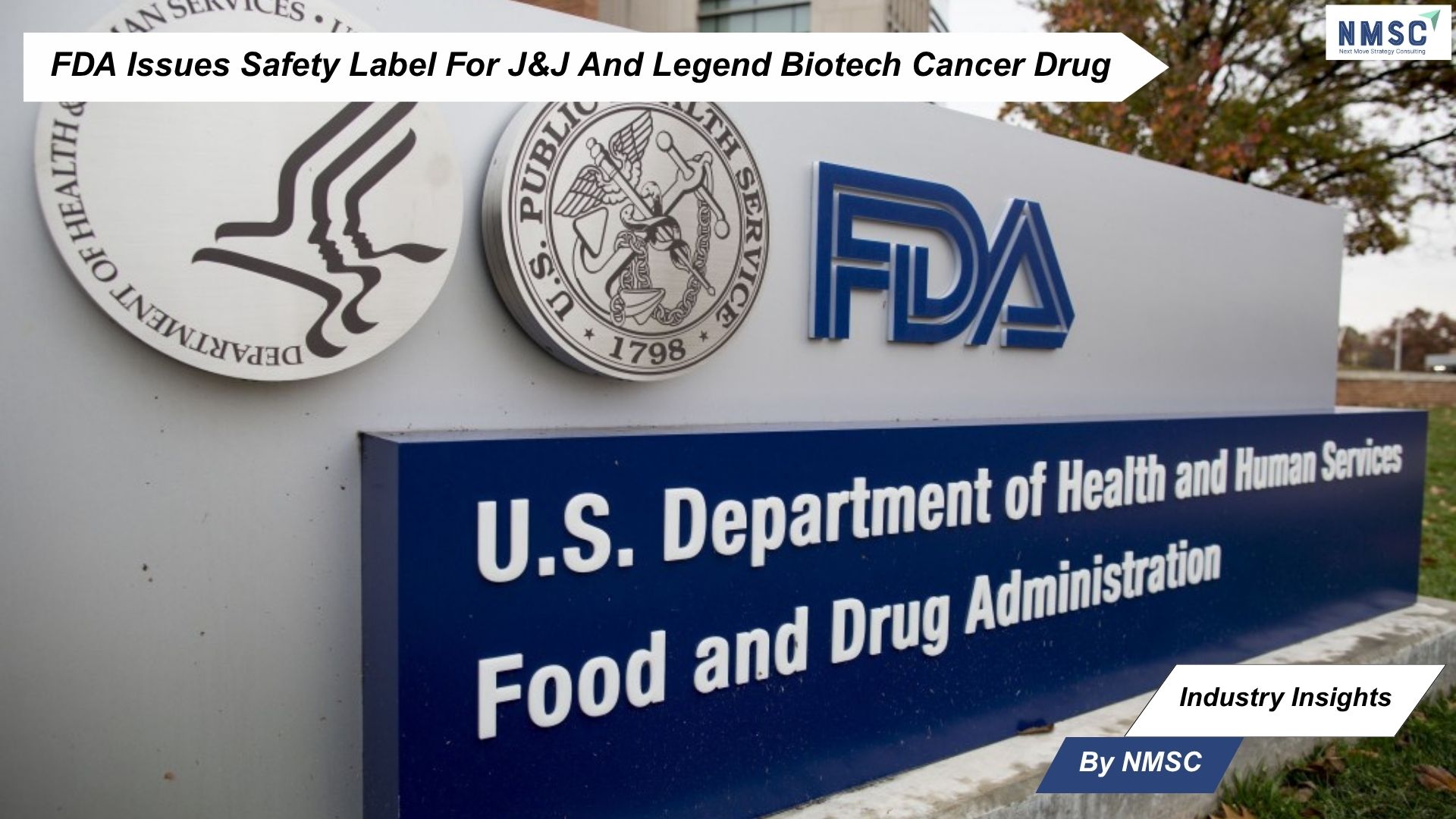Global Regenerative Medicine Market is expected to reach USD 95.48 billion by 2030
Published: 2025-01-16
Rising demand for personalized therapies Fuels the Regenerative Medicine Market
According to the Next Move Strategy Consulting, the global Regenerative Medicine Market is valued at USD 24.85 billion in 2023, and is expected to reach USD 95.48 billion by 2030, with a CAGR of 17.9% from 2024 to 2030.
Regenerative medicine aims to repair, replace, or reconstruct cells, tissues, and organs to treat diseases. The FDA regulates these innovative therapies under the Federal Food, Drug, and Cosmetic Act. These treatments include cell therapies, tissue engineering products, gene therapies, and human cell and tissue products.
By leveraging personalized approaches and cutting-edge technologies like gene editing and tissue engineering, regenerative medicine offers potential cures for chronic conditions such as heart disease, diabetes, cancer, and more.
With over 1,220 ongoing trials globally and a focus on personalized treatments, regenerative medicine is poised to revolutionize healthcare by harnessing the body's healing abilities and addressing organ transplantation challenges. Anticipated regulatory approvals signal a promising future with increased patient benefits from advanced cell and gene therapies by 2025.
The demand for regenerative medicines is increasing due to the growth of personalized therapies. The regenerative medicine industry is moving towards personalized treatments that cater to individual patient needs, taking into account their unique genetic makeup and medical history.
This trend reflects a deeper understanding of diverse diseases, emphasizing customization to enhance outcomes, minimize side effects, and improve overall efficacy. According to the Personalized Medicine Coalition (PMC), personalized medicines constituted over one-third of newly approved drugs for four out of the last five years.
In 2021, approximately 35% of all recently approved therapeutic molecular entities by the FDA's Center for Drug Evaluation and Research were personalized medicines, highlighting the significance of this trend in shaping the future of regenerative medicine.
However, the regenerative medicine market faces challenges due to high development costs and a complex regulatory environment, with significant expenses for research, clinical trials, and manufacturing, compounded by stringent regulations and post-market pathways, hindering product approvals and increasing costs.
On the contrary, CRISPR-Cas9, a novel gene editing tool, offers vast opportunities in regenerative medicine by enabling precise genetic manipulation of stem cells for innovative therapies. Recent FDA evaluation of CRISPR-based treatments for diseases such as severe sickle cell disease highlights its potential for breakthroughs in healthcare, addressing challenges posed by traditional treatments. Investments in CRISPR-Cas9 and gene editing drive innovation, shaping the competitive landscape of the regenerative medicine market.
Request for a Sample PDF on the Regenerative Medicine Market
According to the report, leading players in the regenerative medicine market include Novartis AG, Gilead Sciences, Inc., Johnson & Johnson, F. Hoffmann-La Roche Ltd (Roche), Pfizer Inc., AstraZeneca plc, Takeda Pharmaceutical Company Limited, Vericel Corporation, MIMEDX Group, Inc., AbbVie Inc., and others. These market players are adopting strategies such as collaboration across various regions to maintain their dominance in the regenerative medicine market.
For instance, in November 2023, AstraZeneca partnered with Cellectis for AI-driven efforts to accelerate next-gen therapeutics in areas including oncology and immunology. The company will utilize Cellectis' gene editing tech for novel cell and gene therapy products, focusing on 25 exclusive genetic targets for potential life-saving therapies in regenerative medicine.
Moreover, in September 2022, Mimedx launched AxioFill, an Extracellular Matrix (ECM) particulate product derived from human placental tissue. It offers a competitive advantage over other xenograft, or animal-based, particulate products that undergo aggressive processing techniques to eliminate potential antigens.
Key Insights from the Regenerative Medicine Market Report:
-
The information related to key drivers, restraints, and opportunities and their impact on the regenerative medicine market is provided in the report.
-
The value chain analysis in the market study provides a clear picture of the role of each stakeholder.
-
The market share of the global regenerative medicine market players and their competitive analysis are provided in the report.
















Add Comment